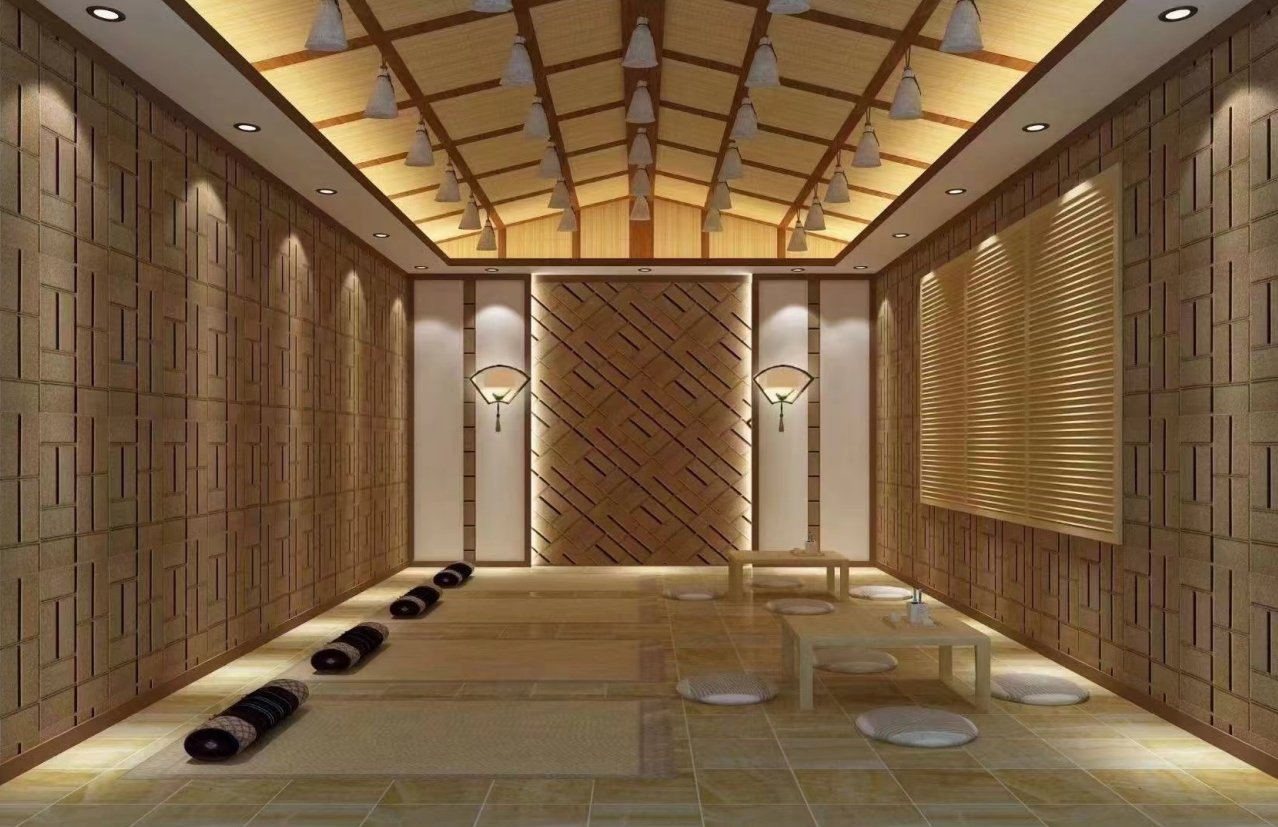
In today's world, where different materials are constantly being evaluated for their performance in various environments, the question of whether there are synthetic materials that can outperform natural woods in withstanding high humidity and heat is a pertinent one.
Natural woods have long been used for a wide range of applications due to their aesthetic appeal, durability in certain conditions, and ease of workability. However, when exposed to high humidity and heat, they can warp, crack, and deteriorate over time. This is especially true in areas with tropical climates or in industrial settings where high temperatures and moisture levels are common.
On the other hand, synthetic materials have made significant progress in recent years. Materials like high-performance plastics, composites, and engineered polymers are designed to withstand extreme conditions. These synthetic materials often have properties that can be customized to meet specific requirements. For instance, some can resist moisture absorption, making them ideal for environments with high humidity. They can also maintain their structural integrity at elevated temperatures, far better than many natural woods.
One of the advantages of synthetic materials is their consistency. Unlike natural woods, which can vary in quality and performance depending on the species and source, synthetic materials can be manufactured to exact specifications, ensuring reliable performance every time. Additionally, they can be engineered to have enhanced resistance to chemicals, UV radiation, and other environmental factors that can damage natural woods.
However, it's not all rosy for synthetic materials. They often lack the natural beauty and warmth of wood. Moreover, some synthetic materials may not be as environmentally friendly as natural woods, especially if they are not recyclable or if their production processes involve harmful chemicals.

